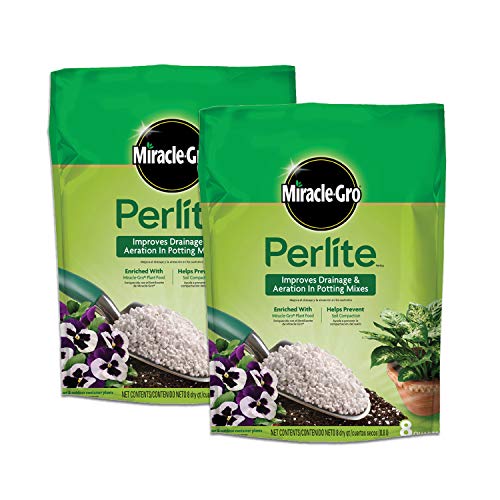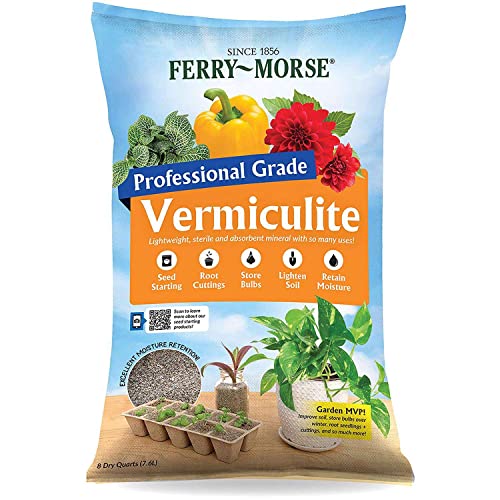What is the purpose of soil amendments? You can add these to your soil to improve the soil’s structure. There are a lot of choices on the market, so it’s important to determine whether or not your soil even needs amending.
This post may contain affiliate links. Please read our disclosure policies. If you purchase after clicking an affiliate link, we may receive small commission at no cost to you. As an Amazon Associate, I earn from qualifying purchases.
How to Determine Which Soil Amendments to Use
There are a lot of choices when it comes to soil amendments, so you might wonder what do you really need for your plants.
- Take a look at your soil
- Determine what you are planting.
For example, what we know about Phoenix soil can help determine which amendments you may need in your yard.
Soil in the low desert gardening zone 9b:
- Caliche is common
- Clay is common
- Soil has high alkalinity (higher pH levels)
- Tends to accumulate salt (saline soil)
These are just generalizations. Even if you live in the same metro area the soil in your yard may be different than the soil in mine.
With this in mind ask yourself a few questions:
- What does the native soil in my yard look like?
- Are your current plants showing signs of distress?
- If you pour water on your soil how fast does the water absorb into the ground? Does it pool at the top?
- Does the soil easily crumble in your hand?
Not sure what to think of your soil? There are tools you can use if you want to go that route.
Examples of Soil Amendments
Some examples of soil amendments include:
- compost
- earthworm castings
- gypsum
- horticultural charcoal
- lime
- orchid bark
- peat moss
- perlite
- volcanic pumice
- vermiculite
What is Compost?
Leaves, food scraps, grass clippings, manure and other organic matter naturally breaks down over time and creates compost. You can create your own compost by creating a compost bin. Alternatively you can purchase a variety of compost.
Compost improves soil structure so it amends the soil. It also adds nutrients and is a good fertilizer.
Purchase compost at your local nursery, big box store or online. Some popular brands of compost include: Wakefield Premium Compost,
Earthworm Castings
Worm castings are also known as vermicast or worm manure. Many consider worm castings the holy grail of soil amendments. Worms consume compost, so this amendment is nutrient rich.
Purchase earthworm castings at your local nursery, big box store or online. Some popular brands of earthworm castings include: Espoma Organic Earthworm Castings, Wiggle Worm Pure Worm Castings, and Brut Worm Castings.
What is Gypsum and What Do You Use it for?
Gypsum is a mineral used to loosen clay soil. In soil with high sodium content, like Phoenix, gypsum helps water infiltration.
Purchase gypsum at your local nursery, big box store or online. Some popular brands of gypsum include: Down to Earth Organic Garden Gypsum, Earth Science Fast Acting Gypsum, and Hoffman Garden Gypsum.
What is Horticultural Charcoal and What Do You Use it for?
Use horticultural charcoal to prevent growth of fungus and bacteria in soil. It can also help absorb any odors. Usually used on indoor plants.
Purchase Horticultural charcoal at your local nursery, big box store or online. Some popular brands of Horticultural Charcoal include: Harris Horticultural Charcoal, Espoma Organic Charcoal for Horticultural Use, and Mosser Lee Horticultural Charcoal.
What is Lime & How to Use it?
Garden lime is ground up limestone rock. It increases a soil’s alkalinity or pH level. Garden lime isn’t something usually used in Phoenix soil due to our soil’s natural high alkalinity.
Purchase Garden Lime at your local nursery, big box store or online. Some popular brands of Garden Lime include: Jobes Organics Garden Lime,
What is Orchid Bark & What Do You Use it for?
Orchid bark is douglas fir tree bark. Use in indoor plants such as orchids and other tropical plants.
Purchase Orchid Bark at your local nursery, big box store or online. Some popular brands of Orchid Bark include: Organic Orchid Potting Bark, Better Gro Orchid Bark, and Hoffman West Coast Fir Bark.
What is Peat Moss and What Do You Use it for?
Peat moss is a fibrous organic material from peat bogs. Use to aerate soil and retain moisture. Often used in starting seedlings indoors.
Purchase Peat Moss at your local nursery, big box store or online. Some popular brands of Peat Moss include: Organic Sphagnum Peat Moss by Perfect Plants, Espoma Organic Peat Moss, and Hoffman Canadian Sphagnum Peat Moss.
What is Perlite & What Do You Use it for?
When obsidian or volcanic glass comes in contact with water it can create the mineral Perlite. This lightweight granular soil amendment improves air around the roots and soil drainage.
Purchase Perlite at your local nursery, big box store or online. Some popular brands of Perlite include: Miracle Gro Scotts Perlite, Espoma Organic Perlite, and Harris Premium Horticultural Grade Perlite.
What is Vermiculite & What Do You Use it for?
Vermiculite is a mineral, a soilless mix that can improve water retention and aeration of soil.
Purchase vermiculite at your local nursery, big box store or online. Some popular brands of vermiculite include: Ferry-Morse Vermiculite, Hoffman Horticultural Vermiculite, and Harris Vermiculite Horticultural Grade.
What is Volcanic Pumice & What Do You Use it for?
Volcanic pumice is a hard, porous, volcanic rock. Improve your soil’s water retention and aeration with volcanic pumice. Most often used for indoor plants.
Purchase volcanic pumice at your local nursery, big box store or online. Some popular brands of volcanic pumice include: Gantessa Stone Volcanic Pumice, Tiny Roots Horticultural Pumice, and Superfly Bonsai Pumice.













